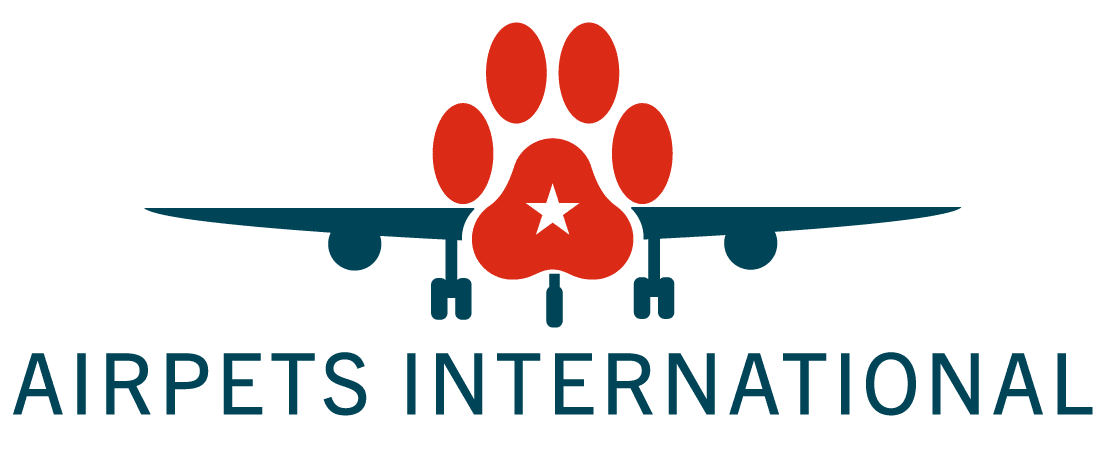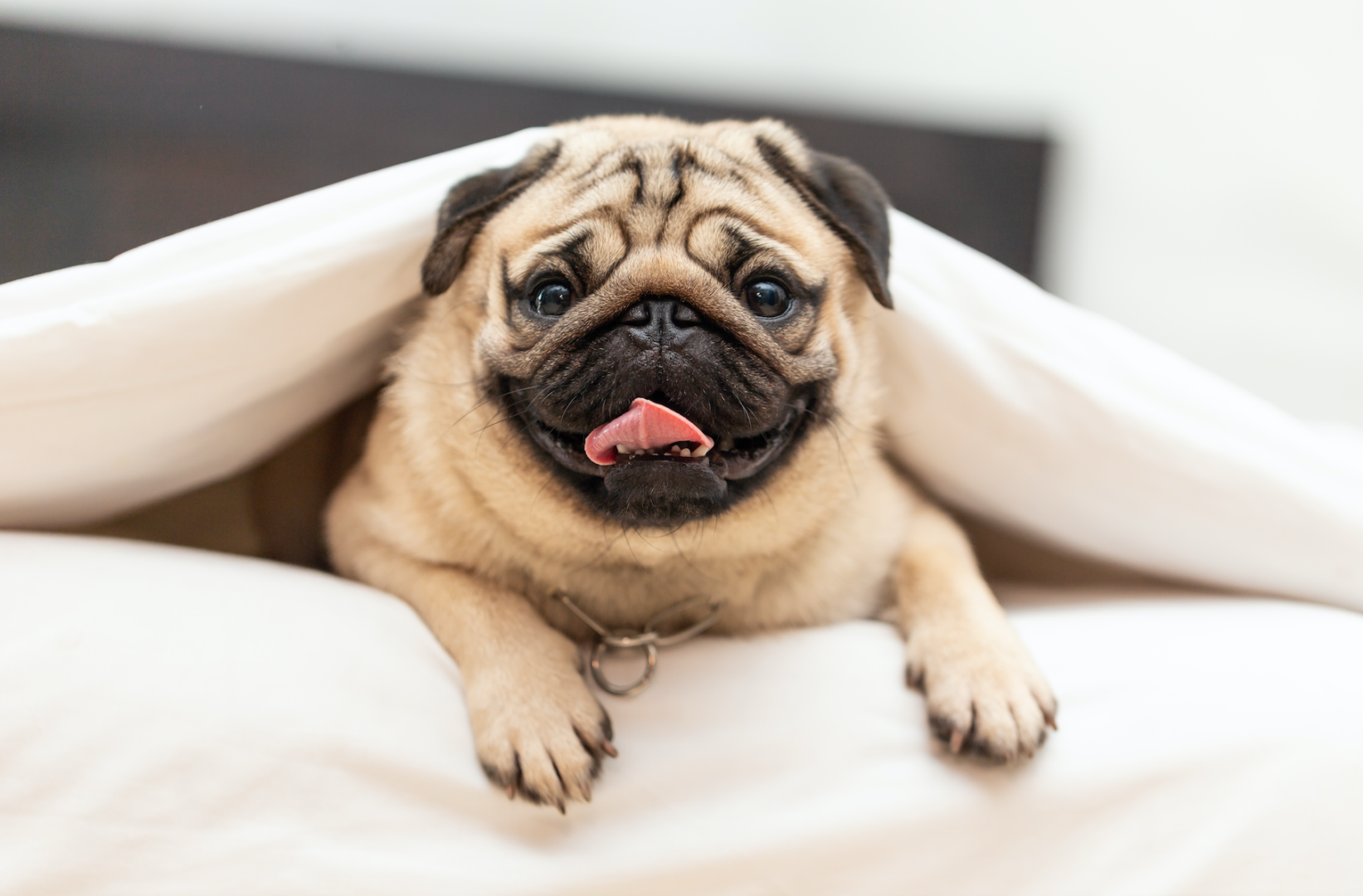Formally known as brachycephalic breeds, snub nosed dogs are breeds that have a shorter than normal snouth. Pugs, Bulldogs, Boston Terriers, Shih Tzus, Pit Bull Terriers, Chow Chows and Boxers are some of the most common examples. Although their unusual noses are their cutest feature, it’s also their most dangerous characteristic.
Their compressed sinuses make it harder for them to breathe on a regular basis, as well as it takes them longer to cool down and catch their breath after having done physical movements. Therefore, snub nosed breeds must be taken care of when flying, but this doesn’t mean that they should not undergo air travel. Keep reading to learn about proper tips to follow when flying snub nosed dogs, as well as things to consider when determining health concerns.
Be aware of BOAS
Although it is a health risk for all snub nosed breeds to fly, it is an increased risk for those who suffer from Brachycephalic Airway Syndrome (BOAS). BOAS is characterized by:
- Narrowed nostrils that prevent for high volumes of air to be inhaled or expelled when breathing,
- Elongated soft palates that cause restricted air intake, and
- Narrowed diameter of the windpipe, or hypoplastic trachea, which takes longer for the dog to take in much less air than usual.
It is important to recognize any of these characteristics and get a proper diagnosis, in order to know whether or not it’s safe for your snub nosed dog to fly.
Consider All Risk Factors
Of course, not all snub-nosed dogs suffer from BOAS, so it’s also key to look into other factors that can determine how susceptible they are to flying. For example, snub-nosed dogs older than 8 years old are considered “seniors” and will most definitely encounter troubles flying. Another aspect to keep in mind is how good tempered your furry friends are. The breed is known to be bad tempered and be aggressive with other individuals or dogs, this means they become easily agitated and can have trouble with air transportation.
Additionally, looking for obesity rates also contributes to how well their breathing and air intake will be when flying, given the fact that they’re snub-nosed. Of course, you must also consider whether your animals are in good enough health and don’t suffer from any disease such as cancer, cardiac problems, or immune system troubles that can prevent them from having a smooth transportation route.
Ask an expert!
If you’re still unsure whether or not to have your pet go through air travel, research and ask an expert! Examine all risk factors discussed above, but also consult your veterinarian, a travel expert, or even airlines you’re interested in. It’s important to review the list of breeds considered as snub nosed breeds, consider purchasing anti-anxiety medication for your pet, and overall, think about any previous flying experience.
—-
Owner of a snub nosed dog and interested in air transportation options? At Airpets International, we recognize that top-quality care is important for your furry friends. That’s why we guarantee first-class pet moving services. Contact us or visit our website for more information.


